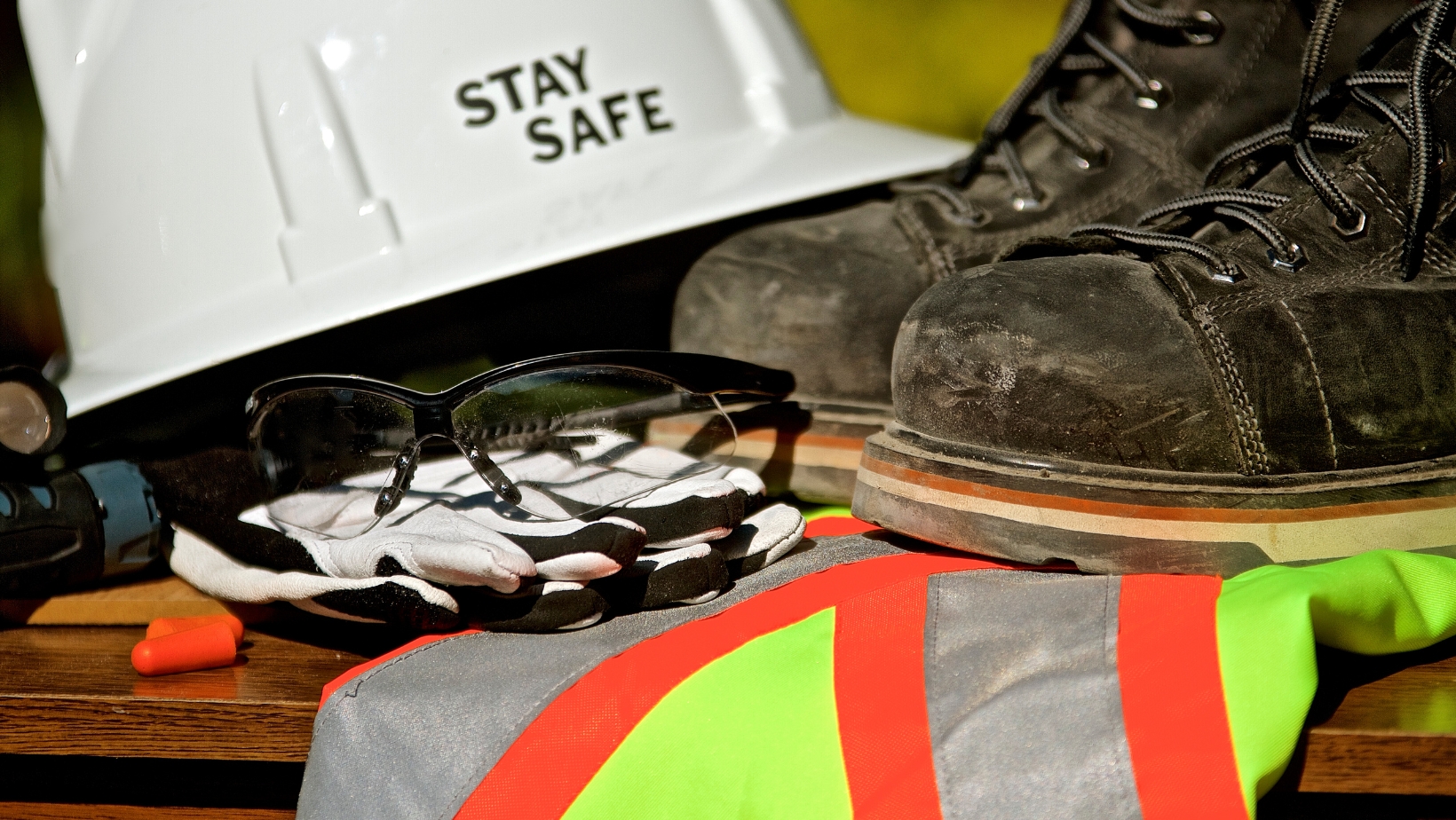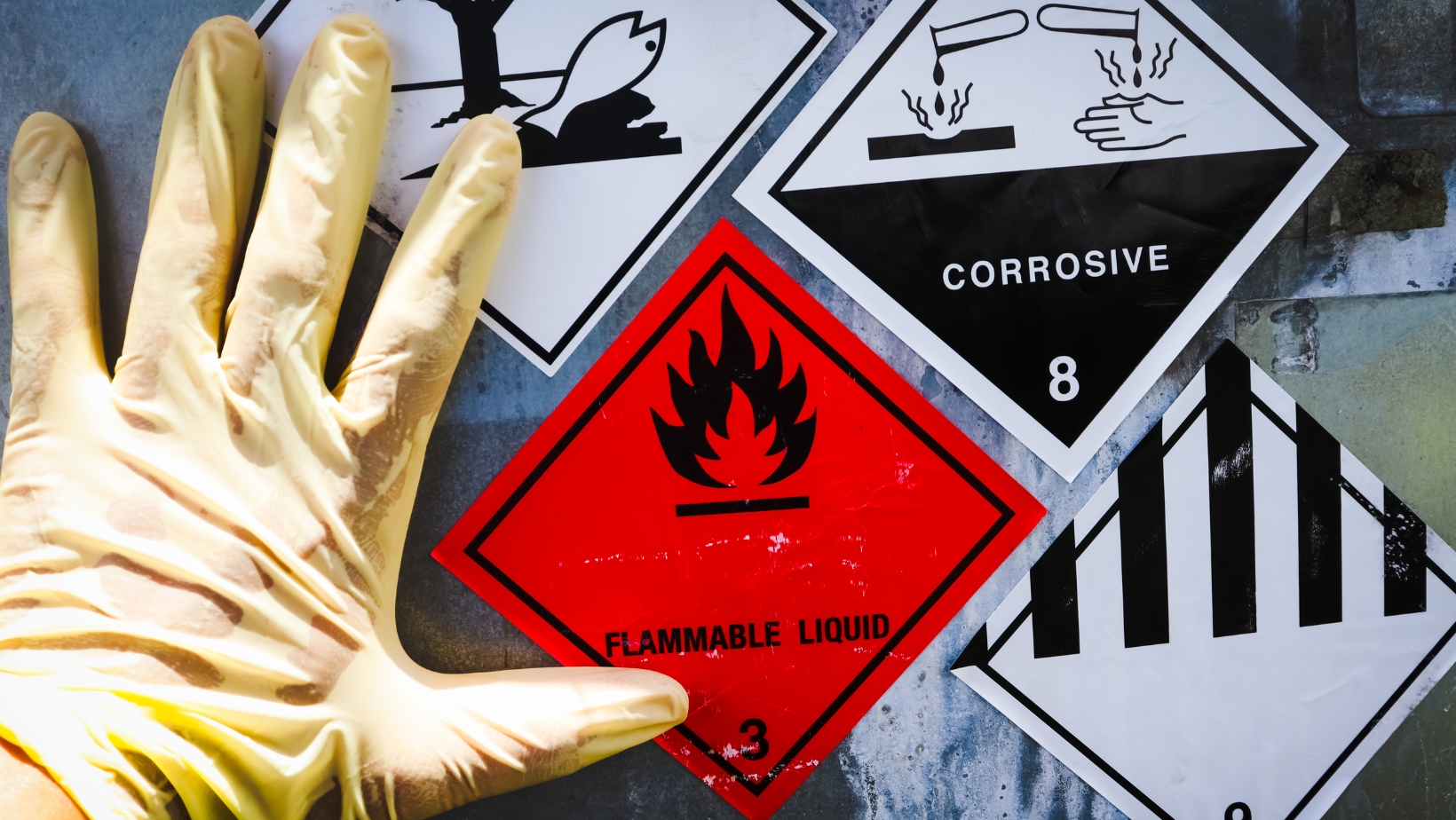As an expert in workplace safety, I understand the importance of basic safety knowledge in preventing accidents and promoting a safe work environment. In this article, I’ll be providing you with the answers to the basic safety questions you may encounter in your module one exam. Whether you’re a new employee or simply refreshing your knowledge, having a solid understanding of these fundamental safety principles is crucial for both your well-being and the well-being of those around you.
Table of Contents
Understanding the Importance of Basic Safety in Module One Exams
Why Basic Safety Knowledge Matters in Module One Exams
As an expert in workplace safety, I understand the significance of having a strong foundation in basic safety knowledge, especially when it comes to Module One exams. These exams are designed to assess an individual’s understanding of workplace safety concepts and protocols, making it crucial to demonstrate a comprehensive understanding of basic safety practices.
Having a solid grasp of basic safety knowledge not only helps you pass the exam but also ensures that you are well-equipped to create a safe working environment. By familiarizing yourself with essential safety principles, you can effectively identify potential hazards, prevent accidents, and implement appropriate safety measures.
In Module One exams, basic safety questions often cover topics such as:
- Identifying common workplace hazards, such as slips, trips, and falls, electrical hazards, and chemical exposures
- Understanding the proper use of personal protective equipment (PPE) and its role in preventing injuries
- Recognizing the importance of fire safety and knowing how to respond to a fire emergency
- Comprehending the significance of ergonomics and practicing proper lifting techniques to prevent musculoskeletal injuries
- Understanding the basics of hazardous materials management and how to handle them safely
By having a solid understanding of these topics, you can tackle Module One exam questions with confidence, knowing that you have the necessary knowledge to prioritize safety in the workplace.

Module One Exam Basic Safety Answers
Personal Protective Equipment (PPE)
When it comes to workplace safety, understanding the importance of Personal Protective Equipment (PPE) is crucial. PPE refers to any equipment or clothing that is designed to protect workers from potential hazards or injuries. In the Module One exam, you can expect to encounter questions related to PPE and its proper usage.
One of the key aspects of PPE is selecting the right equipment for the job. This includes wearing the appropriate gloves, safety glasses, hard hats, and footwear, among others. Understanding the different types of PPE and when to use them is essential for maintaining a safe working environment. The exam may test your knowledge on the different types of PPE, their specific uses, and how to properly inspect, maintain, and store them.
Safe Use of Tools and Equipment
Another important topic covered in the Module One exam is the safe use of tools and equipment. This includes understanding how to properly operate, inspect, and maintain various tools and equipment commonly used in the workplace. Questions in this section may cover topics such as:
- Proper handling and storage of tools
- Correct usage of power tools and machinery
- Techniques for lifting and carrying heavy objects
- Safe practices when using hand tools
- Recognizing potential hazards associated with tools and equipment
- Identifying and reporting faulty equipment
Having a solid understanding of these concepts is vital for preventing accidents and injuries in the workplace. The exam may also assess your knowledge of safety protocols and procedures when working with specific tools and equipment.
Hazard Identification and Risk Assessment
The ability to identify hazards and assess risks is a fundamental skill for anyone working in a safety-conscious environment. Module One exam questions related to hazard identification and risk assessment aim to evaluate your ability to recognize potential hazards and take appropriate measures to mitigate risks.
You can expect questions that require you to identify common workplace hazards such as slippery surfaces, electrical hazards, chemical spills, and fire risks. Additionally, the exam may test your knowledge of risk assessment techniques, such as the hierarchy of controls and the process of determining risk levels.
Understanding how to prioritize and address hazards is essential for maintaining a safe working environment. The exam may also assess your knowledge of reporting procedures for hazards and incidents, as well as the importance of regular safety inspections and audits.
The Module One exam covers key topics related to basic safety knowledge. These include Personal Protective Equipment (PPE), safe use of tools and equipment, and hazard identification and risk assessment. By thoroughly understanding and applying these concepts, you will demonstrate your competency in workplace safety and be better equipped to prevent accidents and promote a hazard-free environment.
Brian, the dedicated Editor and Education Enthusiast at Faspe, is a dynamic force breathing life into the realm of education. Grounded in pedagogical expertise and fueled by boundless passion, Brian enriches the team with extensive experience, curating resources that inspire educators and students alike. His unshakable faith in the transformative power of education propels individuals to reach for the stars on their educational journey.






